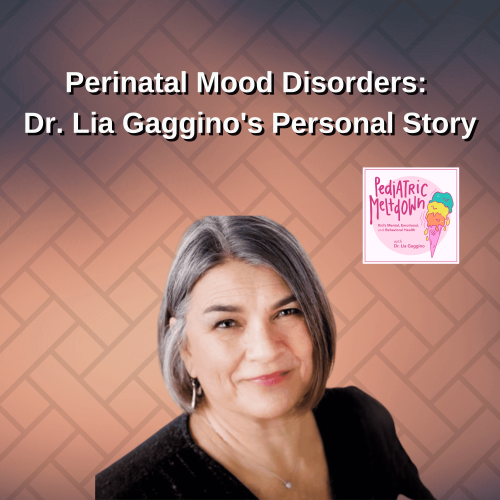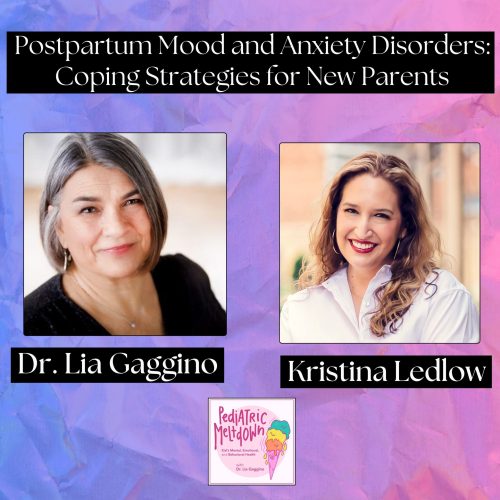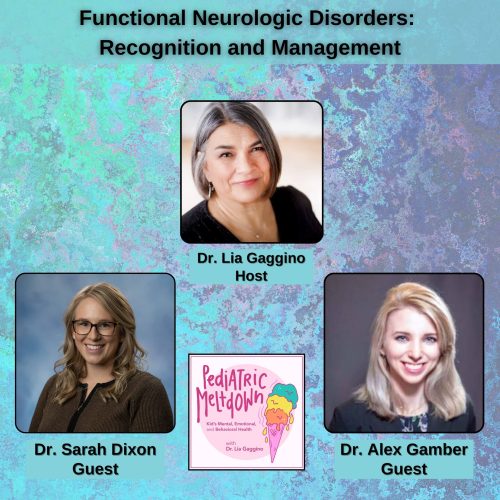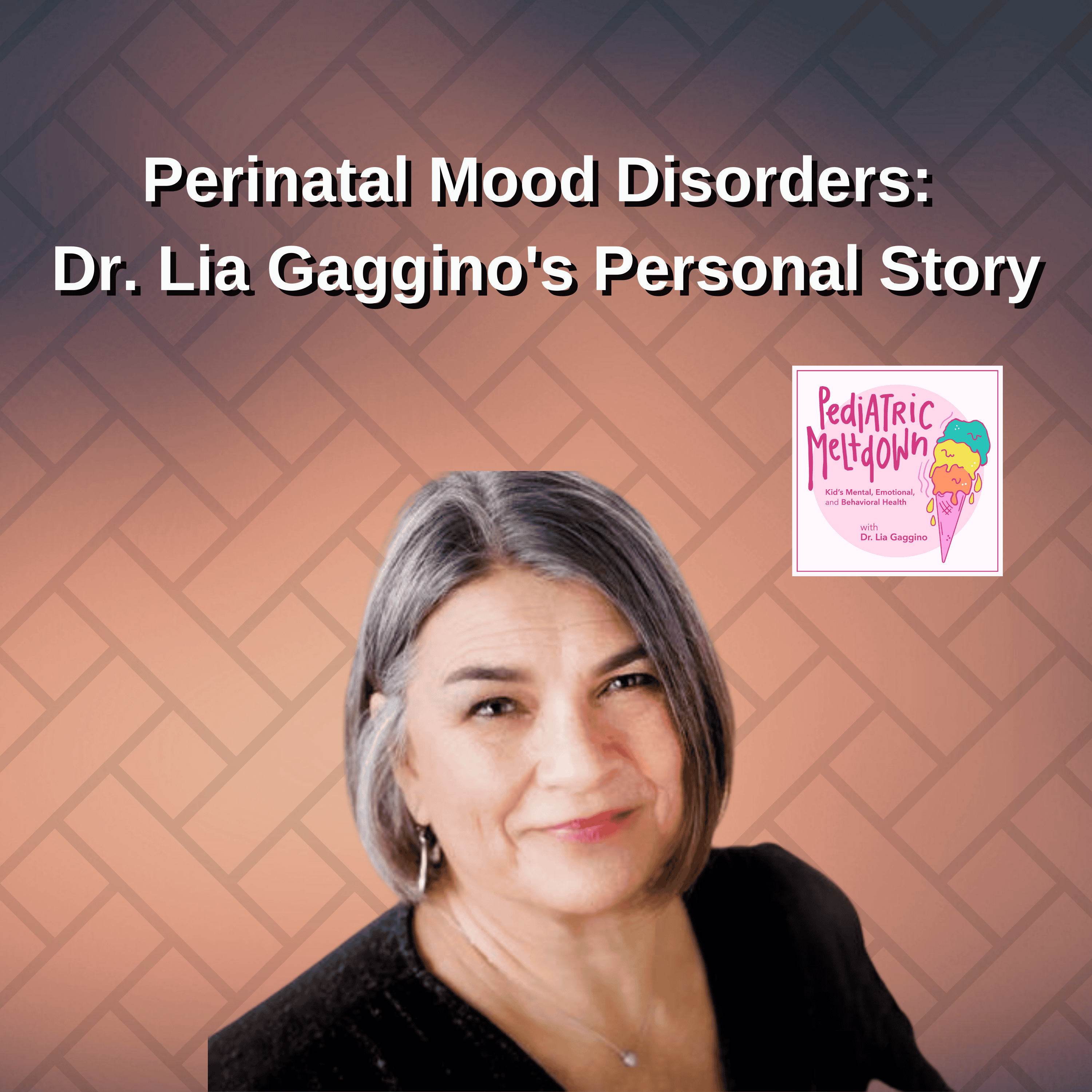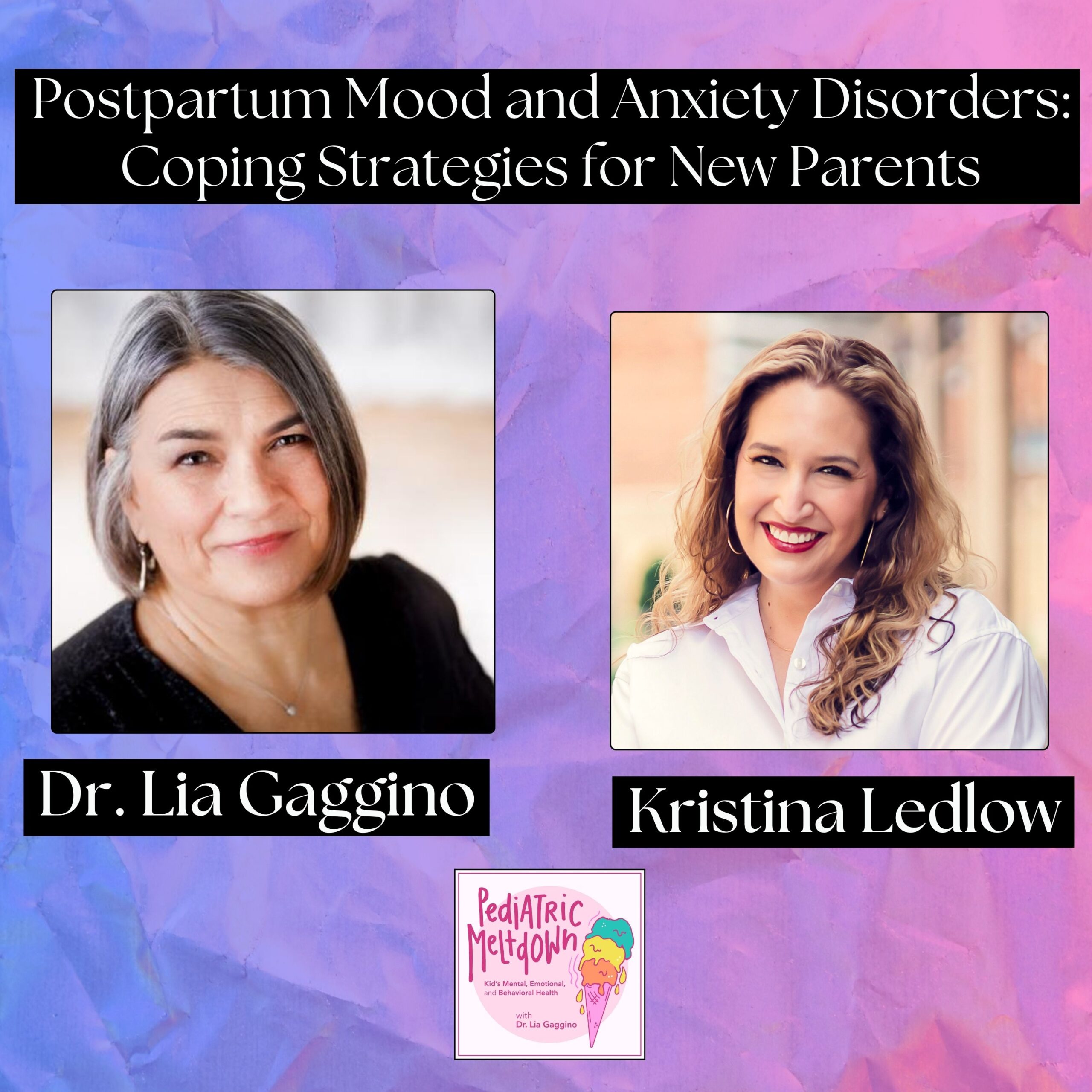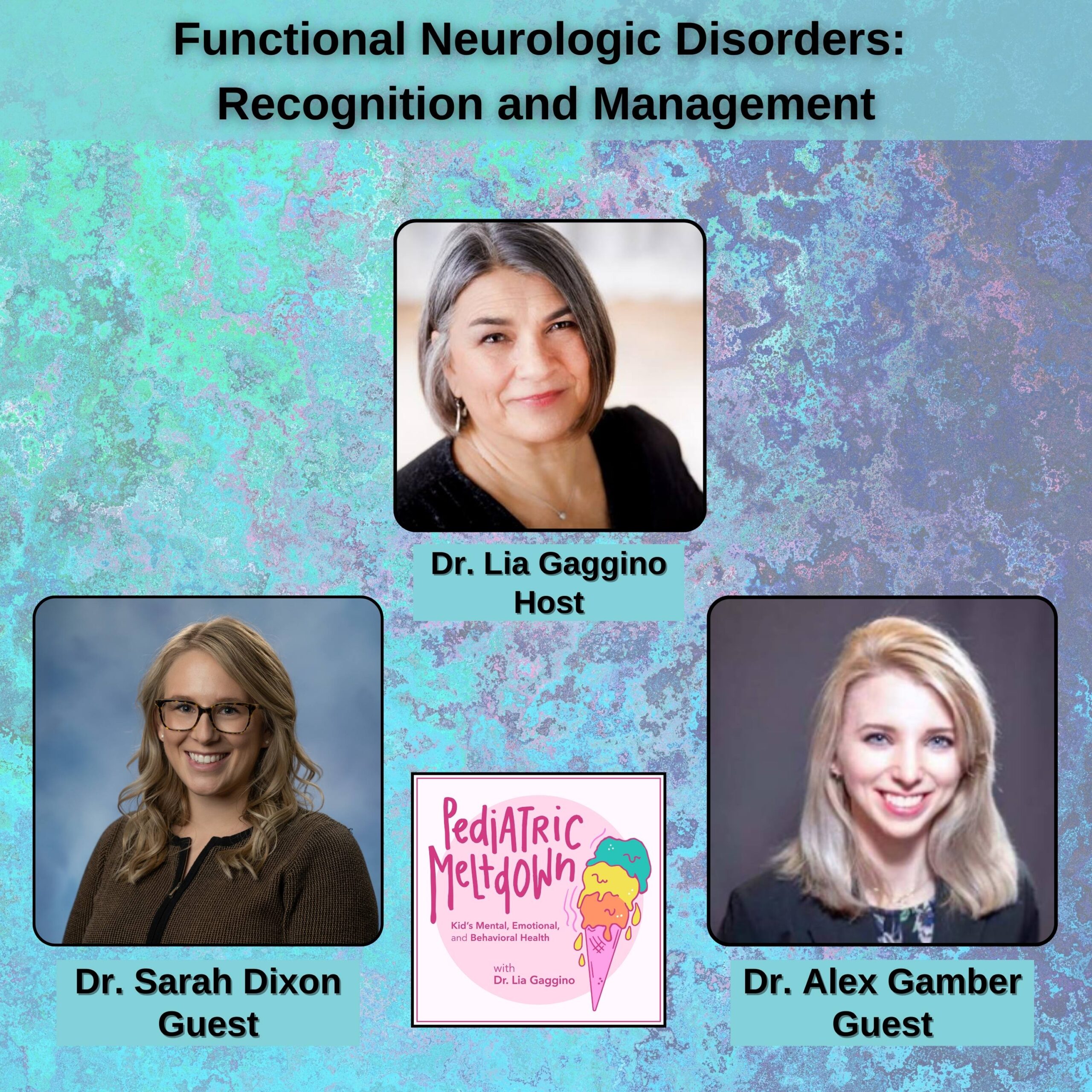A national project called Zero Suicide aims to address the issue of suicide in the medical and mental health systems. The effort is founded on the idea that suicide can be stopped and that systems of medical and mental health care can do more to do so. Seven elements make up the entire Zero Suicide prevention strategy: LEAD, TRAIN, IDENTIFY, ENGAGE, TREAT, TRANSITION and IMPROVE. These elements insure a practical comprehensive approach to suicide care. In this episode, Dr. Gaggino interviews Dr. Julie Goldstein Grumet. Dr. Grumet is a clinical psychologist and public health expert. Dr. Grumet is the director of the Zero Suicide Institute at EDC, Inc. and she developed the Zero Suicide Toolkit to assist health and behavioral care leaders and leadership teams in implementing the seven elements (mentioned above) of the initiative. Her goal has been to develop the framework, tools, and work schedules required for the Zero Suicide effort to be implemented effectively.
[00:30 – 06:29] Opening Segment
- Dr. Gaggino introduces us to Dr. Julie Goldstein Grumet
- Dr. Grumet tells us about her background and how she came into the field
- Julie recognized that the healthcare system had been left out of the first national strategy for Suicide Prevention.
[6:30 – 9:41] How Dr. Grumet came to develop the Toolkit
- First launched in 2014
- Taking the guesswork out of implementing the recommendations
- An organized, concise blueprint that outlines the seven elements
[09:42 – 22:07] What makes this program so different?
- Evidence based Fidelity
- The Core Clinical Components: Screen, Risk Assessment followed up with a safety plan
- The seven elements: LEAD, TRAIN, IDENTIFY, ENGAGE, TREAT, TRANSITION and IMPROVE
- The clinical data and being completely “evidence based” is what makes this program work as well as it does.
- How Zero Suicide is about a culture shift
- These components bundled with the seven elements will not only keep the patient safe but will also keep the staff safe as well.
[22:08 -48:39] Get comfortable having that conversation
- Removing lethal means
- There are online courses you should take (see link below)
- “I GOT THIS” ….
[48:40 – 54:26] Closing segment – Takeaways
- Thank you to Julie for her time today and to the entire ZS team at EDC for offering guidance and support for system change and ZS implementation.
- Zero Suicide is an aspirational goal and a methodology for suicide prevention. In 2012, The Action Alliance included ZS as part of the National Strategy to transform healthcare systems.
- ZS is a bundle of strategies that include both clinical components and implementation components. Strap on your seat belt, this is your roadmap to better care.
- LEAD, TRAIN, IDENTIFY, ENGAGE, TREAT, TRANSITION, IMPROVE. You can start at any spot though would HIGHLY recommend LEAD then TRAIN!!!
- Many of you are already doing IDENTIFY with PHQ screening as we were. With the new BF guidelines to add suicide screening this is a perfect opportunity to use TRAIN to implement ASQ or CSSR-S screening.
- Clinical components include screening, risk assessment, safety planning, lethal means safety, care transitions, hand-offs and caring contacts.
- Implementation components include training a “competent, caring and confident staff (us too!), continuous quality improvement/data collection, and fidelity to the model.
- ZS is a culture shift – the system/hospital/practice bears the responsibility to care for patients using evidence-based strategies that work. These are not home-grown tools – all of the tools/methods are backed by research.
- Consider the medical model -asthma, we know what to do, how and when. Suicide prevention is the same. You honestly are already doing the work, ZS and the AAP Blueprint both offer tools to do best practice suicide specific care.
- For me, ZS offered me hope and was a relief. I didn’t have to come up with my own process for better care. What Julie said though is more important – ZS offers patients and parents hope that there ARE things that work.
- I love this scripting “I’ve seen this before and these are the steps we can take together that work.” Then offering safety planning, lethal means safety counseling, coordinated care and follow-up.
- Before becoming overwhelmed that this is too much, too hard, step into the parent/patient shoes and imagine being sent to the ED or handed a list of therapist’s names to face the despair and fear on their own. This is our job, and we have to figure out how to do this better together.
- We can’t lose sight of the numbers – that the second reason kids die is suicide and that 20% of kids think about it. The Why is big and it is up to those of us who care about kids to speak up and look at why our kids are sad and desperate. We are their safety net. We are the helpers.
- I haven’t forgotten about you. Our reality is a hard one but you are amazing and skilled and caring. Next week’s episode is for you. Stay tuned.
You can reach Dr. Julie Goldstein Grumet
Resources:
988lifeline.org
1-800-273-TALK or 8255
Crisis text HOME to 741741
American Foundation for Suicide Prevention
www.Afsp.org for Out of the Darkness walks and national locations in your community
#BeThe1
ZA Institute
Twitter: ZSInstitute (@ZSInstitute) / Twitter
Trainings:
Key quotes for Twitter:
“It’s really so critical to be kind of part of the team and educator. And aware of this is what happens. These are the interventions. This is how I can help you. This is how others will help you and really set a path.” -Dr. Julie Goldstein Gromet talking about Zero Suicide
“One of the biggest gaps we experience when it comes to mental health, is this sense of lack of agency or lack of knowing how to advocate, you know, it feels like you’re in this vortex and you’re just kind of taking a number and you don’t know what you’re supposed to ask. -Dr. Julie Goldstein Gromet
THANK YOU FOR YOUR SUPPORT!
Pediatric Meltdown was listed as a Top 20 Pediatric Podcast on FeedSpot.
If you’d like to connect with me, you can find me on LinkedIn, Facebook, Instagram, and Twitter, or email me at [email protected] or [email protected]. To learn more about me visit https://www.medicalbhs.com/
LOVE WHAT YOU HEARD? Leave us a 5-star review so we can continue to provide you with great content. Share this episode and help people know more about children’s health and well-being.



